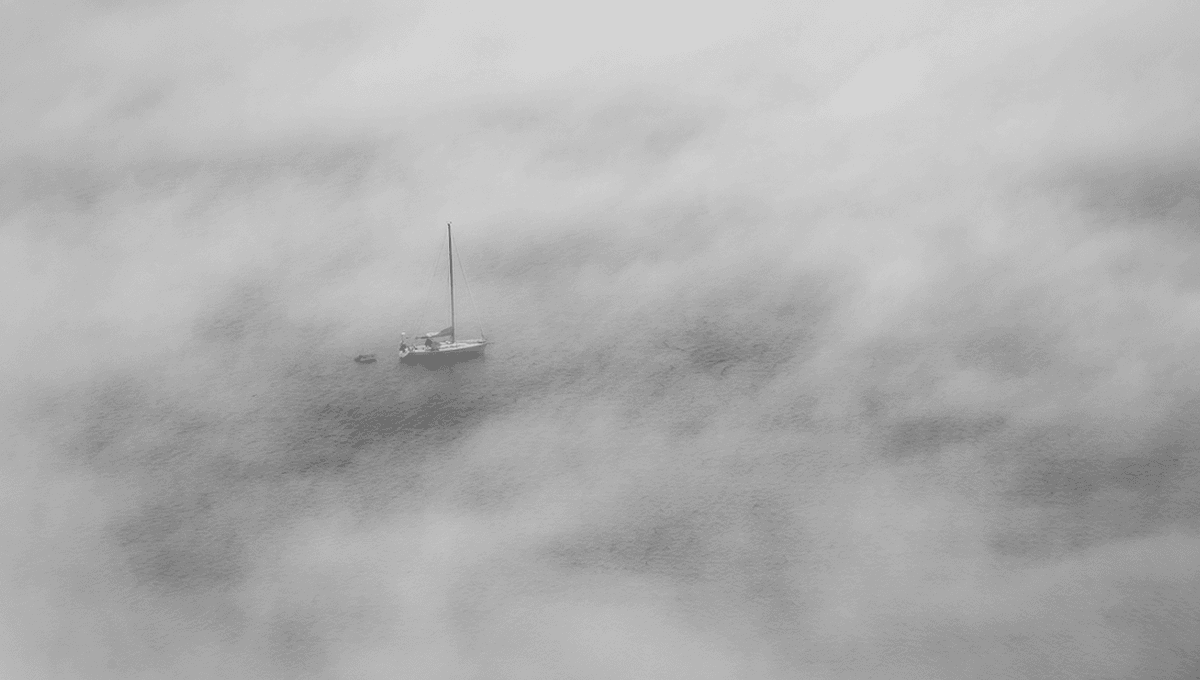
An Australian sailor has made headlines this week, after he survived two months alone with his dog on the Pacific Ocean.
Fifty-one-year-old Tim Shaddock, from Sydney, became stranded with his dog Bella after a storm hit their boat on their journey from Mexico to French Polynesia. He was able to survive by drinking rainwater and eating raw fish he caught with the boat’s fishing gear. Crucially, as exposure to the Sun and cold is one of the biggest killers of people stranded in the wild, he was able to create a shelter from the boat’s canopy.
Having been rescued by a trawler last week, he is thinner than usual but otherwise healthy and recovering well, BBC News reports. The dog is also said to be “well”.
“I have been through a very difficult ordeal at sea,” Shaddock told 9News. “I’m just needing rest and good food because I have been alone at sea a long time. Otherwise I’m in very good health.”
Shaddock and Bella were fortunate, if you ignore the initial bit where a storm wrecked their boat. They were able to find food, shelter, and water to survive. But how long can you survive without water?
One paper points out the obvious, that “experiments with humans are ethically unacceptable” on the topic. You can’t just stop giving a person water and ominously start a stopwatch. Instead, we have to learn from real cases of people trapped or lost in the wilderness, or food- and drink-deprived in other ways. That paper looked at reports from the media, concluding “it seems possible to survive without food and drink within a time span of 8 to 21 days” with that time improving to about two months if it is only food which is absent.
This seems a little on the optimistic side however, with the consensus being that the average person can only go a two to three days without water. This will vary wildly depending on the health and age of the person, of course, as well as other circumstances such as the environment’s temperature. In 1979, a then 18-year-old Andreas Mihavecz was locked up in a police cell in Germany following an accident. He stayed there for the next 18 days before he was found again in the basement cell, having lost a lot of weight, but was still alive.
In one of the few experiments conducted on humans, two scientists in 1944 deprived themselves of water and ate a dry food diet, like a cat. The 28- and 33-year-olds survived the experiment, which they stopped before it became life-threatening.
“By the third or fourth day their faces had become somewhat pinched and pale and there was a suggestion of cyanosis about their lips,” a paper on the two reads. “This general appearance of ill-being vanished within a few hours of the restoration of fluid, and the symptoms of dehydration passed off long before physiological rehydration was complete.”
Source Link: Sailor Survives Two Months Alone At Sea: How Long Can You Survive Without Water?